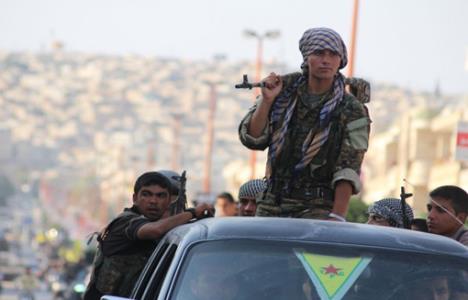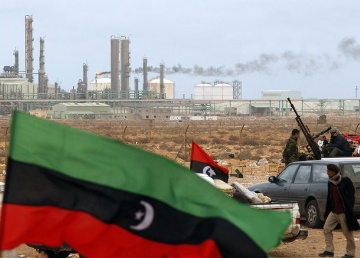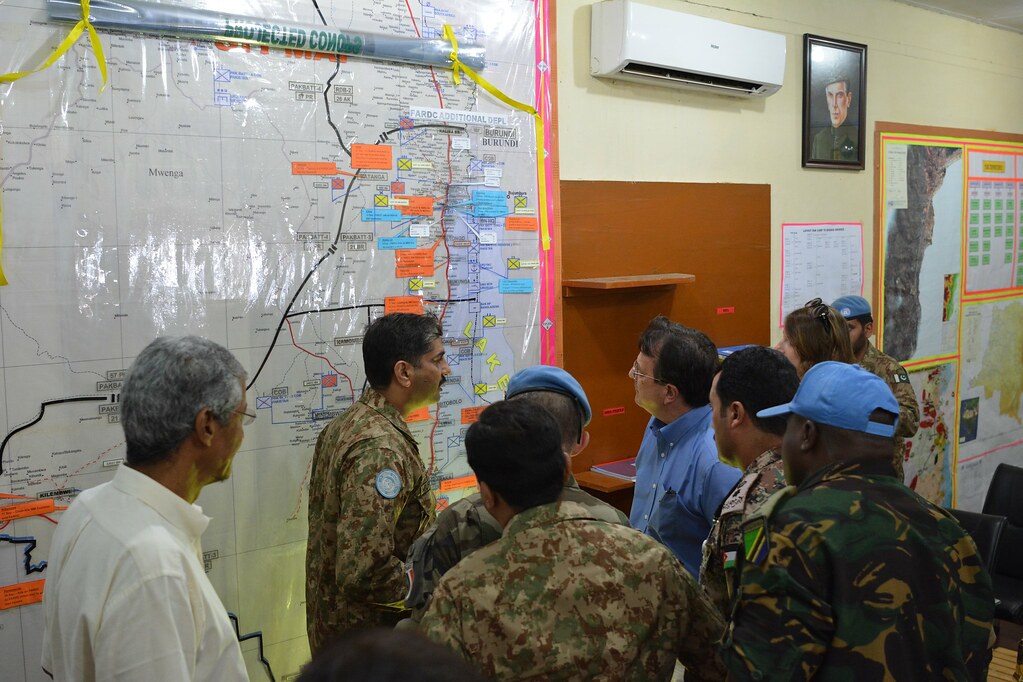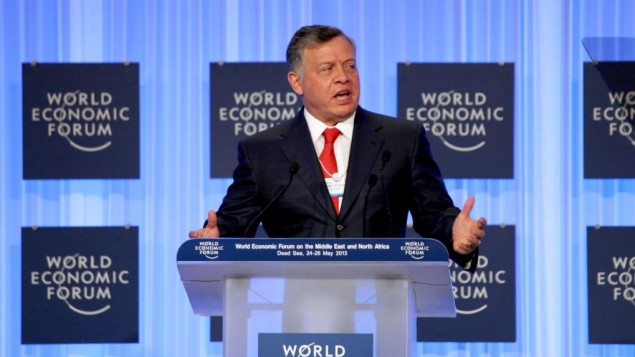Should we arm the Kurds? Why aren’t we arming the Kurds? These questions have been on the minds of politicians and policy analysts alike as the West searches for answers to the ISIS crisis. The Kurds’ longstanding relationship with Washington and their remarkable military success against ISIS have made them the obvious choice for a regional alliance. However, their desire for independent statehood has forced Western governments into a difficult position.
Arming the Kurds could help defeat ISIS, but it would likely mean redrawing the borders of the Middle East, damaging the West’s relations with Iraq and Turkey, and potentially entrenching the Middle East’s dangerous ethnic and sectarian divides.
The Kurds are the world’s largest ethnic group without a state. Thirty million Kurds straddle four Middle Eastern states—Turkey, Syria, Iraq, and Iran. During the Ottoman era, the Kurds enjoyed substantial autonomy, but since the empire’s disintegration after the First World War, they have been stateless.

Even in the face of severe oppression from their ruling governments, the Kurds have continually fought for an independent Kurdistan.
The Iraqi Kurds suffered through Saddam Hussein’s genocidal al-Anfal Campaign, in which tens of thousands were massacred and chemical weapons were used on civilians.
In Turkey, the government has long denied Kurds basic cultural rights and has waged for over 30 years a military campaign against the Kurdistan Workers’ Party (PKK), a Kurdish guerrilla group vying to establish an independent state.
In Iran and Syria, the Kurds have not faced the same level of brutality, but have intermittently been involved in separatist conflicts and faced vigorous cultural suppression from governing authorities.
In Syria, Kurdish groups have proven to be a formidable military opponent of ISIS, gaining control of territory and implementing their own relatively benign system of governance. On the surface, the Syrian Kurds constitute the “moderate opposition” for which the Obama administration has been searching.
However, the YPG, Syria’s most prevalent Kurdish group, has strong ties to the PKK, which is considered a terrorist group by both the U.S. and Turkey. As a NATO member, the Turks would view any substantial arming of Syria’s Kurds as a breach of NATO’s collective security agreement.
From Turkey’s perspective, arming the YPG to fight ISIS is simply fighting terror with terror. In fact, Ankara has already criticized the West for shipping small arms to Syria’s Kurds, fearing that YPG success in Syria will embolden Kurdish separatists at home, just as it has recently relaunched military operations against the PKK.
Because of Turkey’s NATO membership and its important, albeit reluctant, role in fighting ISIS, the benefits to the West of providing heavy arms to the Syrian Kurds is outweighed by the damage it would cause to relations with Ankara.
Despite its opposition to Syrian and Turkish Kurds, Ankara has developed a strong and mutually beneficial energy relationship with the Iraqi Kurds. As a result, Turkey is more open to the idea of furnishing arms to the Kurds in Iraq.
Since the Gulf War of 1991, the Iraqi Kurds have also developed strong ties to Washington, which have effectively brought them closer to statehood than their brethren in neighbouring countries. The no-fly zone that was enforced in Iraq following the West’s eviction of Saddam Hussein’s forces in Kuwait largely protected the Kurds from Baghdad’s repression and enabled them to develop regional government structures. The American-led overthrow of Saddam in 2003 advanced Kurds’ interests even further, as a new constitutional order formalized the KRG’s (Kurdistan Regional Government) freedom to run internal affairs, including their own army, the Peshmerga.
Even as its own actions have allowed the Kurds a large degree of autonomy, the U.S. has maintained a “One Iraq” policy, as it fears that arming the Kurds would allow them to secede, thereby fragmenting Iraq and potentially destabilizing the Middle East. The Americans fear Kurdish independence could prompt other minority groups to fight for self-determination, in a similar fashion to the domino effect of the Arab Spring. Turkey, Iraq, and Iran also fear a “Kurdish Spring,” as it would threaten their territorial integrity and natural resources.
With ISIS controlling large parcels of territory in both Iraq and Syria, Kurdish separatism on the rise, and the Iraqi and Syrian governments showing little ability to retake lost territory, some commentators argue that providing the Kurds with heavy weapons may simply be speeding up the Middle East’s inevitable fragmentation, rather than creating it. They could be right.
Providing arms to the Kurds may help contain ISIS’ expansion in the Kurdish region, but severing the link between the KRG and Baghdad could have serious consequences for Iraq’s stability.
While it appeared separatism was temporarily off the agenda when KRG leader Masoud Barzani and Iraqi Prime Minister Haider al-Abadi signed a critical oil deal in December 2014, problems with implementing it have brought independence back to the table. The deal stipulated that Baghdad would control the sale of Kurdish oil and, in return, the Kurds would receive 17% of Iraq’s national oil revenue. However, the deal is nearing collapse due to accusations from both sides that the other is not holding up their end of the agreement. If the deal falls through, it would sever the only significant link tying the Kurds to Baghdad, endangering the prospect of “One Iraq.”
The goal of America’s “One Iraq” policy is a good one, at least in theory. It aims to maintain a unitary Iraqi state that is based on an inclusive Iraqi national identity, rather than sectarian or ethnic ones. While the U.S. has failed at fostering Iraqi nationalism, and violent sectarianism has run rampant since 2003, the alternative may be even worse. Kurdish secession would break up Iraq, likely eliminating the possibility of building an inclusive state by entrenching the divisive sectarianism that is central to the region’s problems.
Without the prospect of a unitary Iraq, Baghdad would likely revert to the pro-Shiite policies of previous Prime Minister Nuri al-Maliki and grow even closer to Iran, further widening the Middle East’s Sunni-Shia divide and damaging any prospect of closing it. While “One Iraq” seems preferable, it may prove overly optimistic, given the intense ethnic and sectarian divisions in the country. Conversely, arming the Kurds could help contain ISIS in the short term, but could permanently entrench Iraq’s divisions, leaving its long-term stability in danger.
So why aren’t we arming the Kurds? The short answer: it’s complicated.




